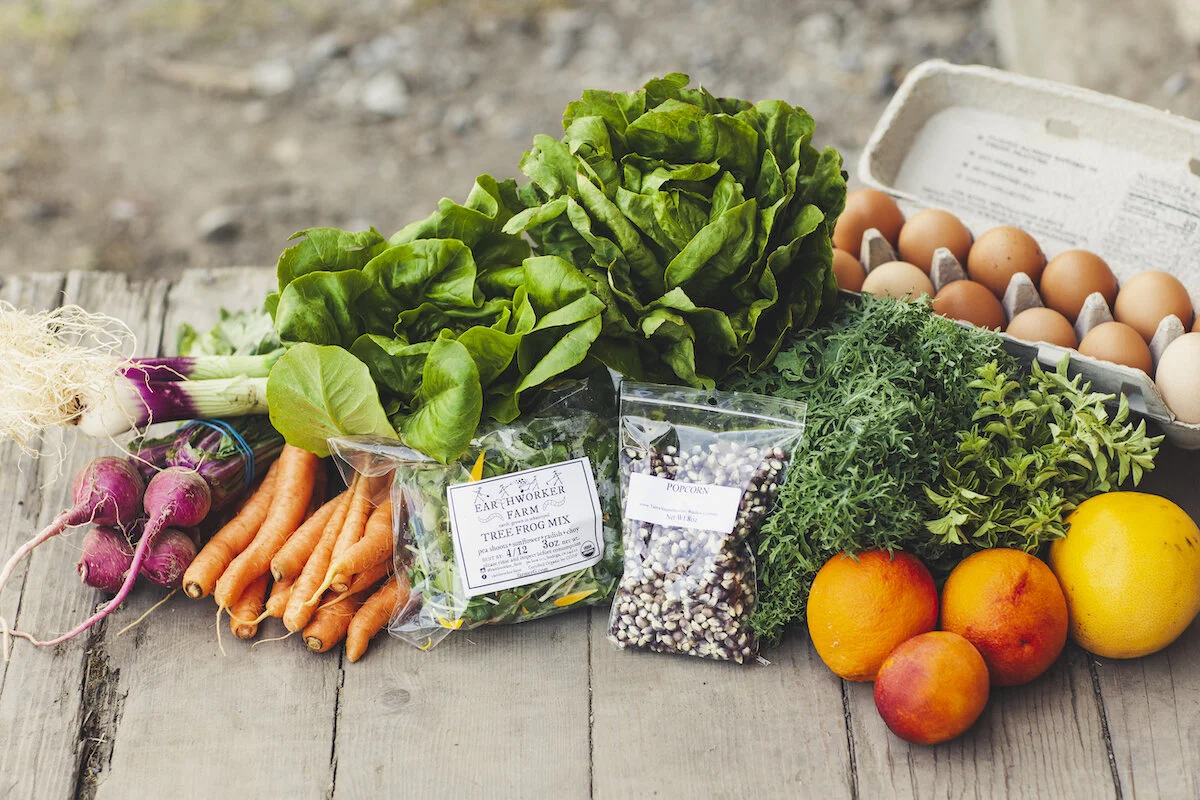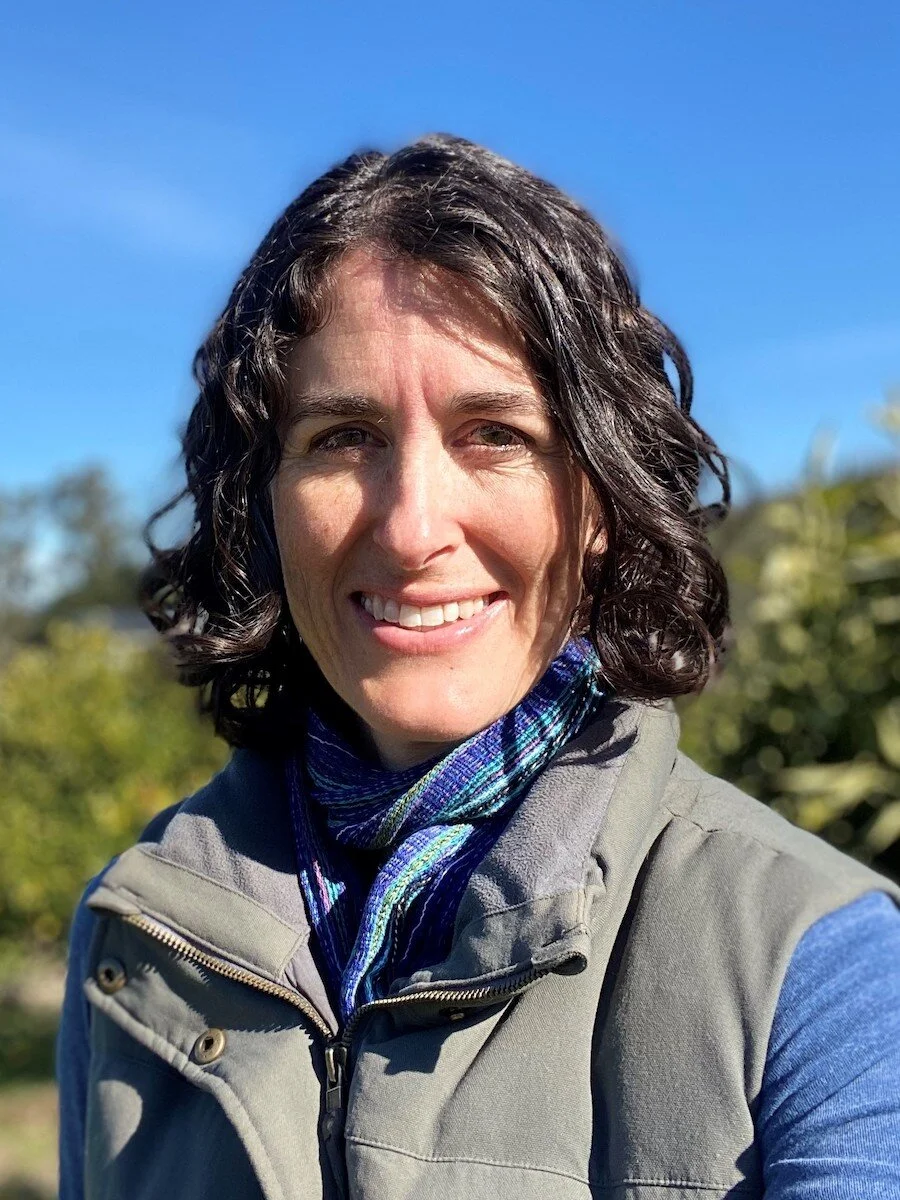April 9th, 2021
Introducing F.E.E.D. Cooperative board member
.:: Jenny Trotter! ::.
Jenny co-owns and operates Kibo Farm outside of Santa Rosa on Sonoma Mountain, which is part of the ancestral land of the Coast Miwok and Pomo peoples. There, she and her husband Vince have been growing mixed vegetables and tree fruit since 2015 and selling their produce through F.E.E.D. since 2016. Over the last 2 years, Jenny has been helping F.E.E.D. transition from a privately-owned business to a cooperative, and she is now F.E.E.D. Cooperative’s first Board President. As a farmer, community member, local food advocate and parent, Jenny is thrilled that F.E.E.D. is now cooperatively owned. Joint ownership not only holds the promise of profit-sharing for member farms and employees but it benefits the entire foodshed by creating a structure that can adapt according to both farmers' and consumers' needs; feeding our community for years to come. In these early days of the co-op's development, the Board of Directors is meeting monthly to review applications and accept new members while also developing some of the systems and policies needed for the co-op to function smoothly. Along the way, Jenny and the rest of the board are benefiting from the valuable support of Project Equity and the California Center for Cooperative Development.
.:: ALLSTAR Organics' Herbal Sugars ::.
'Ohana Bins next week will be receiving organic herbal sugar blends from Petaluma based ALLSTAR Organics. The different varieties are spearmint sugar, lavender sugar, and rose petal sugar. Their delightful, pastel-colored herbal sugars derive their flavor and aromas from the dried edible flowers and herbs they grow on the farm. They blend organic, evaporated cane juice—a barely refined pure, light blonde sugar, with dried edible flowers and herbs in a unique process that produces these original treats. Used simply to sweeten tea or fruit punch, or sprinkled over fruit, buttered bread, or nut butters, these delicate sugars impart a delightful, authentic, natural herbal flavor. Flavor whipped crème or frosting. Add a touch to fizzy water to create a quick convenient organic soda, anytime, anywhere. Substitute a small amount in recipes for scones, teacakes, and ice cream. Stay sweet!
This recipe was contributed by community member, Dawn, photographed by FEED's own Customer Positivity Coordinator, Kelsey, and passed to Dawn by a recently deceased loved one, Kathy Pither, scrawled lovingly in her own hand. Kathy was renowned in the county as an educator, both in the classroom and as a drama/art teacher, as well as an actor and musician. She was also known to be an amazing cook. Thank you Kathy, your culinary legacy will live on!
Kathy's Dutch Baby
Ingredients:
- ¾ cup all purpose flour
- ¾ cup milk
- 3 eggs
- A generous 3 tbsp unsalted butter
- Optional toppings of your choice
Directions:
Preheat oven to 425. Put the Dutch oven on the stove very low and melt the butter. Turn off stove. In a bowl or blender, whip the egg until it is fluffy and frothy, then add the milk and flour and mix until blended. Try to stop blending when it's at its most fluffy and frothy, this will get easier to observe the more you make the recipe. If you use a blender - blend the egg for about 60 seconds, and then blend in the other ingredients for another 90 seconds, give or take.
Top with any combination of lemon juice, fresh fruit, preserves, powdered sugar, maple syrup or edible flowers.
Food As Medicine :: Why Local?
by Chelsea Cushman
Have you ever wondered what the carbon footprint of your food is? Most of us go to the local grocery store and restaurant to pick up our food and don’t really think twice about how many miles it traveled; how many hands were involved in growing, harvesting, packaging, transporting, selling and processing the food; how much gas, pesticide, herbicide, antibiotics, other synthetic chemicals it took to grow; and what kind of packaging the food comes in. In A Nation of Farmers written in 2009 by Astyk and Newton:
Whether flown or trucked, all industrial food has a heavy carbon impact. Food is fertilized with petroleum…which creates the potent greenhouse gas nitrous oxide. Pesticides are manufactured with and from petrochemicals. Soil amendments are trucked around the world, and then added to the soils with carbon-spewing tractors. The food is often harvested mechanically, packed into warehouses, cooled with petroleum, and then trucked, shipped, refrigerated, processed in every way, each with its carbon impact, until the day you drive to the supermarket to buy it.
When we do start to consider how much energy goes into food production, especially highly processed items like cereals, cakes, cookies, soda, and factory farmed items then it can get really complex, complicated and discouraging.However, we can also begin to realize that our support of major food corporations and factory farming have a huge impact in why the climate is changing. How can we play a role individually in supporting the earth and promoting sustainability for future generations? Shop Local!
Supporting local economies is really a smart move in promoting not only our longevity but that of our community and future generations. According to Go Local Sonoma County:
We locals already provide an injection of money to local businesses through our purchasing behavior. Given that consumer purchasing comprises 70 percent of the economy, we exert a powerful force. The advantage is that we don’t drain our money out of the county to pay for those imported goods. We keep it here where it’s invested into local enterprises. The string of purchasing action locally generates economic multipliers. If residents spend their income with locally owned companies, and every time it changes hands some of it recirculates locally, we have more money circulating more times in the local economy.
Buying locally not only promotes the health of the community but also the health of individuals and families because local goods like produce and animal products are fresher and their nutrients are more available to us.
Sourcing local produce means that the food is fresher and has higher levels of antioxidants, flavonoids, vitamins and minerals. When our food travels many days in a truck it loses nutritional quality and vitality. When food travels only a couple minutes or a couple hours to our local farmers market, your garden, or food hub like FEED Sonoma, the nutrients remain intact. Grass-fed beef and other organically grown foods may be more expensive than conventional but that is only in terms of the price we see. The real cost of conventional farming is much more expensive thanks to government subsidies for wheat, dairy, corn, beef and other products grown in the industrial model. The real cost we see is in the epidemic of obesity, diabetes, cancer, heart disease, etc. According to some estimates one out of every three dollars we spend on health care is paying for the damage done by bad eating habits. Barbara Kingsolver writes in her book Animal, Vegetable, Miracle:
Most consumers don’t realize how much we’re already paying for conventional foods, before we even get to the supermarket. Our tax dollars subsidize the petroleum used in growing, processing and shipping these products. We also pay direct subsidies to the large-scale, chemical-dependent brand of farming. And we’re being forced to pay more each year for the environmental and health costs of that method of food production.
It may seem like we have to pay an arm and a leg for organic produce and animal products but we must ask the question, how much does our health mean to us? If health is our greatest wealth, why not invest in yourself by purchasing quality, nutritious food rather than pay for cancer treatment later on?
Chelsea Cushman
YOUnique Nature Wellness
Nutrition Consultant, N.C.
Ayurvedic Health Counselor, A.H.C.
Western Astrologer
References:
- Astyk, S. & Newton, A. (2009). A Nation of Farmers. Gabriola Island, B.C. Canada: New Society Publishers.
- Bauman, E. (2017). Foundations of Nutrition Textbook. Penngrove, CA: Bauman College.
- Go Local Sonoma County. Ed. Terry Garrett. November 2015. 9 April 2021. https://sonomacounty.golocal.coop/stories/local_economic_pollinators/930/?category_id=80.
- Kingsolver, B (2007). Animal, Vegetable, Miracle. New York, NY: Harper Collins Publishers.






